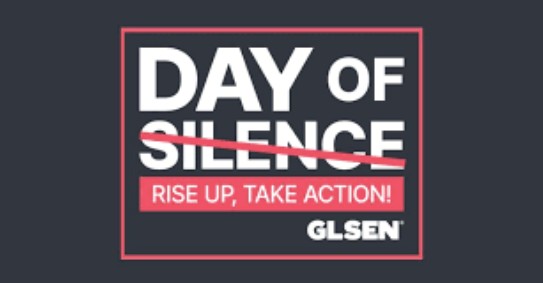What’s the capital of Pakistan? Bing! 182,000,000 results in 0.22 seconds! Ashton Kutcher and Demi Moore divorce? Bang! 38,500,000 results in 0.12 seconds! What’s the meaning of life? Boom! 103,000,000 results in 0.09 seconds! Search engines are the center of our lives. Instant answers to every possible question you could have, whenever and wherever you need them, have become extremely common nowadays. Search engines contribute to the simplicity that technology is known for, and this simplicity is something many of us rely on. But is this added easiness really helping us, or can instant, thoughtless, and right-at-your-fingertips information actually hurt us in the long run?
Teenagers nowadays spend most of their time on the internet. From Google to Facebook, teens rely on the web to keep up with everything from news to who’s going out with whom. But with all of these things to concentrate on, who has the time to actually do their homework? This constant need to stay up to date causes many teens to turn to search engines, such as Google and Yahoo, to find the answers for them. Many of these situations can be harmless, such as a question you can’t figure out on your Chemistry homework, or a research project where you actually need the internet to help you. But these innocent circumstances can become sketchy very quickly. Forgot to read that book for English? All you have to do is find a synopsis of the novel and write your essay with that. Don’t feel like doing your math homework? Search for an algebra calculator that does all the work for you. Teens no longer have to memorize or actually learn from their homework because they can take the quick and easy shortcuts provided by search engines.
There are obvious issues with this use of the internet. What happens when you’re asked how you got the answer x=2, or when you’re tested on that book you just Googled? Some would argue that you learn from the instant information you were provided, but you can never truly learn something until you actually do it yourself. Besides, are you really paying attention to what you’re copying down from that webpage?
Though some teens are quite defensive about their use of search engines, others are open about the blatant misuse of these handy websites and the effects they have. “It hurts us because it makes us too dependent on technology and more stupid in general,” sophomore Ian Biggerstaff says about overusing search engines. He’s right, teens no longer have to read through textbooks to find the information they’re looking for, just shooting a few keywords into a search box gives them all the answers they need. But not only are teens deprived of the other important information presented in the textbook by using this method, they’re also risking the authenticity and accuracy of their work. As everyone knows, not everything on the internet is true and teens looking for quick answers to their homework could be copying down tons of inaccurate information. Not only did they just receive a failing grade on a paper or a piece of homework, they also wasted valuable time they could have been using to find correct, accurate information in the textbook.
There’s no denying that search engines are convenient and can definitely come in handy when looking for certain types of information, but they should definitely be used sparingly and with caution. Teens who are serious about their education should spend their time studying in more honest and accurate ways. The world’s dependency on technology is getting stronger every year, and the last thing any high school student wants is to fail because of this dependency.








